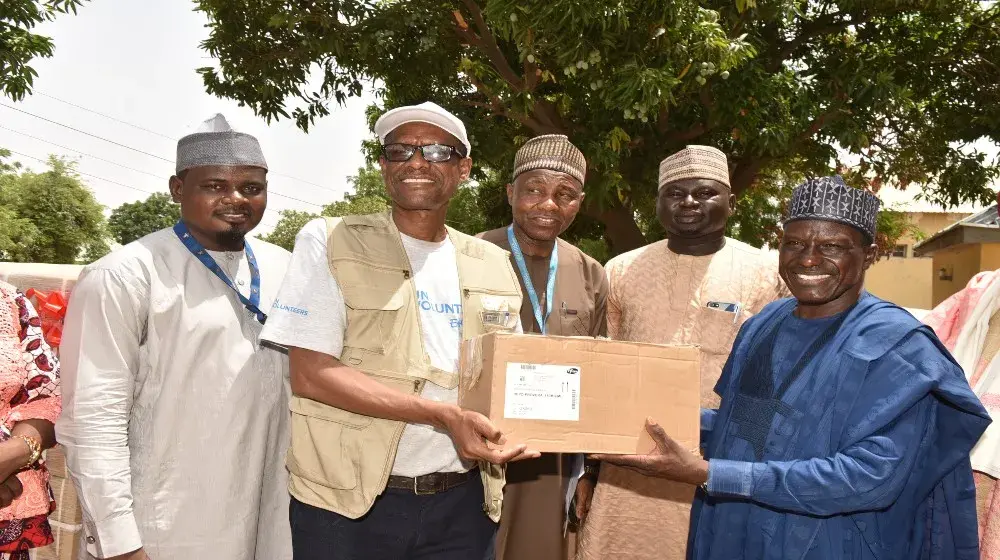Gombe State-Funded Procurement of Family Planning Commodities
Family Planning has been shown to contribute to the reduction of maternal and infant mortality, as well as accelerate economic growth and development. Access to contraceptives is recognized to play a key role in the achievement of national and international development goals including the Sustainable Development Goal 3, FP2030 targets and objectives, and harnessing the demographic dividend. For every dollar invested in family planning and maternal health in developing countries, benefits to families and societies are estimated to be around US$ 8.40.
In Nigeria, Sustainable Financing for family planning is acknowledged ad the responsibility of all three tiers of government (Federal, State, and LGAs). However, the Federal Government has hitherto been responsible for most of the domestic resources contributed to the procurement of contraceptives. It is noteworthy that these resources have been insufficient, as evidenced by a widening funding gap for the procurement of FP commodities. This funding gap is considered by most stakeholders to be the most significant threat to the attainment of the national FP2030 commitments and the targets of the National FP Blueprint (2020-2024). The gap was 12.1 million USD in 2021, 25 million USD in 2022, and estimated to be 29 million USD in 2023. The significant increase in the gap is a consequence of the global economic downturn, economic recession, and funding cuts by donors largely precipitated by the COVID-19 pandemic.
Domestic resource mobilization is essential for the sustainability of FP Financing particularly for RH Commodity security. Reliability of supply of quality FP commodities to meet clients’ needs and prevention of stock-outs, addressing the sustainable supply of quality FP commodities at all levels of the supply chain is crucial towards addressing the unmet need for FP and achieving zero maternal mortality. Procuring needed family planning commodities, however, comes with a heavy financial burden.
Gombe State is located in the North East of Nigeria with a population of 3,733,100 and a growth rate of 3.2%. Women of reproductive age are 44.8% of the population, Total Fertility Rate is 6.6, Modern Contraceptive Prevalence (mCPR) is 16.2 and Unmet Need for Family Planning is 16.8. Gombe State has worked in close partnership with relevant stakeholders including UNFPA to address challenges aimed at reducing unmet needs for FP, Maternal mortality, and improving Contraceptive Prevalence Rate in the State, especially in ensuring availability of essential FP commodities and reaching the last mile. The government in Nigeria is committed to ensuring that reproductive health services are accessible to all Nigerians, especially the most vulnerable women and adolescent girls. Over the last decade, over the 1.07-billion-naira worth of family planning commodities have been issued to Gombe state from the Central Contraceptive Warehouse. This translates to averting 130, 056 unintended pregnancies; 94, 576 unintended births; and 794 maternal deaths.


